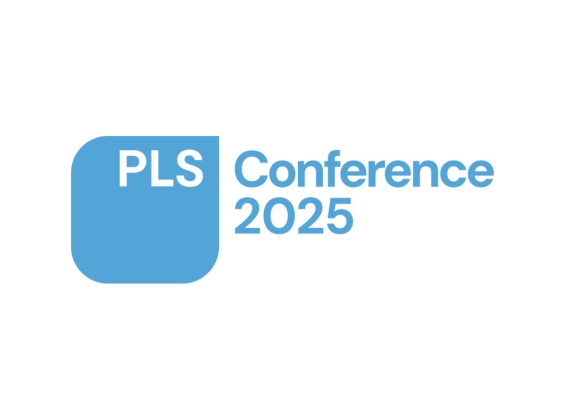
NEW ENDERS REPORT – Consumers, creators, and brands: Rewriting the media playbook
Publishers should focus on trust, usefulness and community and avoid trap of chasing consumer behaviours, says new Enders report
Industry News
Industry News
The Committee of Advertising Practice (CAP) – the body that writes the UK Advertising Codes – has launched a public consultation on a new rule to tackle harmful gender stereotypes in ads, alongside guidance to advertisers on how the new rule is likely to be interpreted in practice.

The consultation proposes the introduction of the following rule to the Advertising Codes, which will cover broadcast and non-broadcast media: Advertisements must not include gender stereotypes that are likely to cause harm, or serious or widespread offence.
The consultation comes after the Advertising Standards Authority (ASA) – the body that administers the UK Advertising Codes – published a report last year called Depictions, Perceptions and Harm.
It provides an evidence-based case for stronger regulation of ads that feature certain kinds of gender stereotypical roles and characteristics. These are ads that have the potential to cause harm by contributing to the restriction of people’s choices, aspirations and opportunities, which can affect the way people interact with each other and the way they view their own potential.
The ASA already applies rules on offence and social responsibility to ban ads that include gender stereotypes on grounds of objectification, inappropriate sexualisation and depiction of unhealthily thin body images.
Director of CAP Shahriar Coupal said: “Amid wide-ranging views about the portrayal of gender in ads is evidence that certain gender stereotypes have the potential to cause harm or serious offence. That’s why we’re proposing a new rule and guidance to restrict particular gender stereotypes in ads where we believe there’s an evidence-based case to do so.
“Our action is intended to help tackle the harms identified in the ASA’s recent report on the evidence around gender portrayal in ads.”
The evidence does not demonstrate that the use of gender stereotypes is always problematic or that the use of seriously offensive or potentially harmful stereotypes in advertising is widespread. The rule and guidance seek to identify specific harms that should be prevented, rather than banning gender stereotypes outright.
The consultation on guidance to support the proposed new rule change provides examples of scenarios likely to be problematic in future ads. For example:
Ella Smillie, Gender Stereotyping Project Lead at CAP, said: “Our review of the evidence strongly indicates that particular forms of gender stereotypes in ads can contribute to harm for adults and children by limiting how people see themselves and how others see them and the life decisions they take.
“The set of standards we’re proposing aims to tackle harmful gender stereotypes in ads, while ensuring that creative freedom expressed within the rules continues to be protected.”
The consultation closes on July 26 and further information is available on the CAP website.

Publishers should focus on trust, usefulness and community and avoid trap of chasing consumer behaviours, says new Enders report

The PLS Conference 2025 brings together leading voices in publishing, who will be exhibiting and hosting an expert-led session.
Chancery House, 53-64 Chancery Lane, London WC2A 1QS




If you have a member login, enter your details below. Please note, that your login is for PPA.co.uk only and not for our event sites.
If you are a member but don’t have an account yet, you can setup your account here.
Any problems, please contact membership@ppa.co.uk.